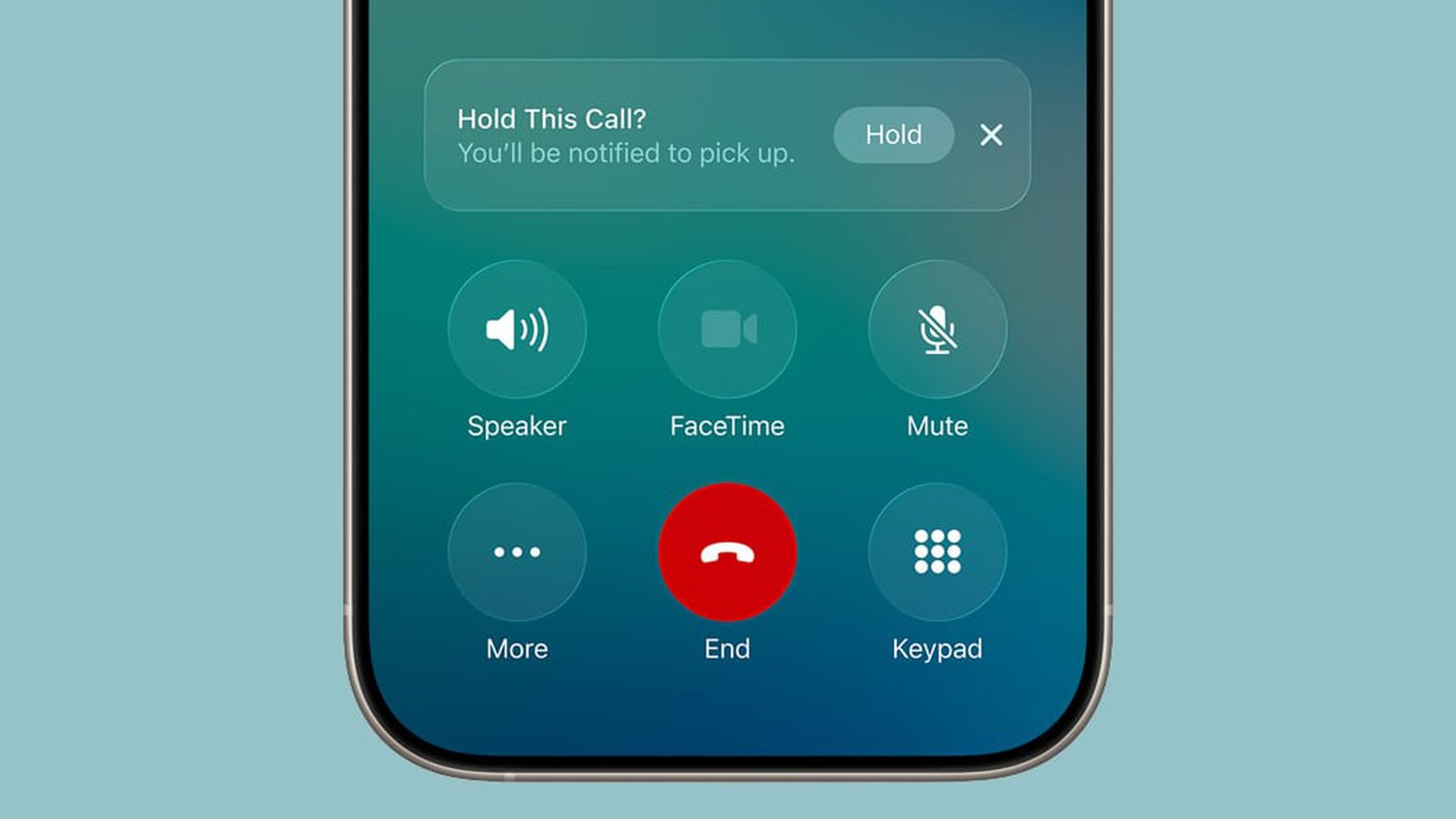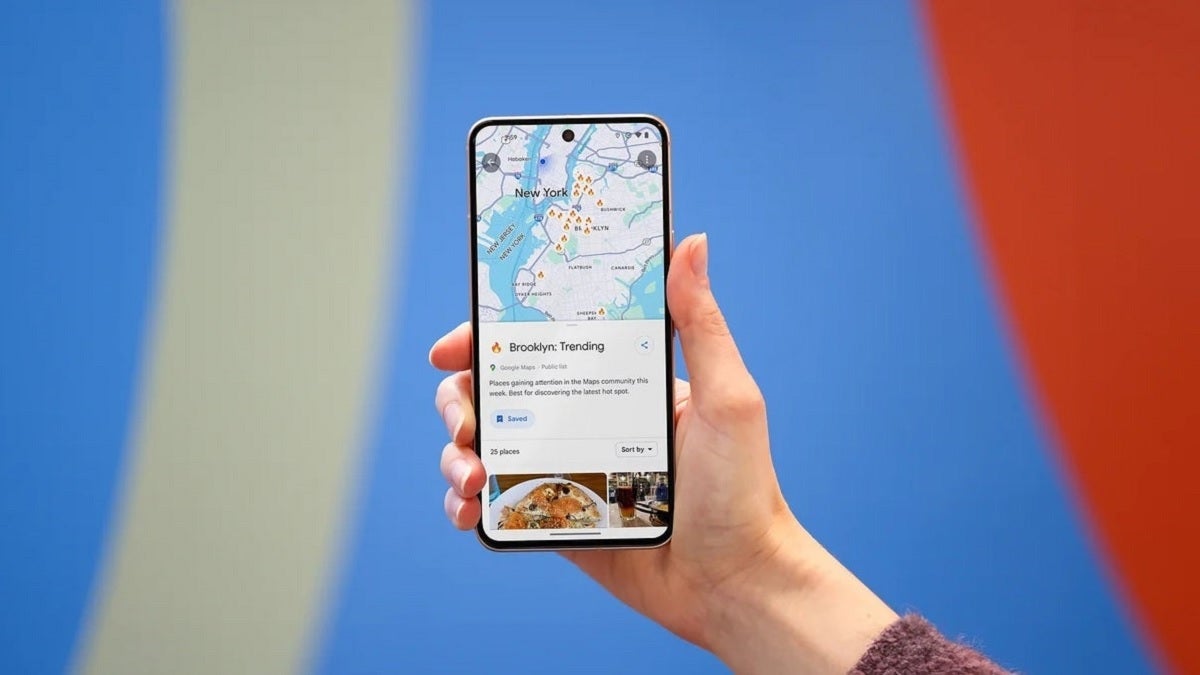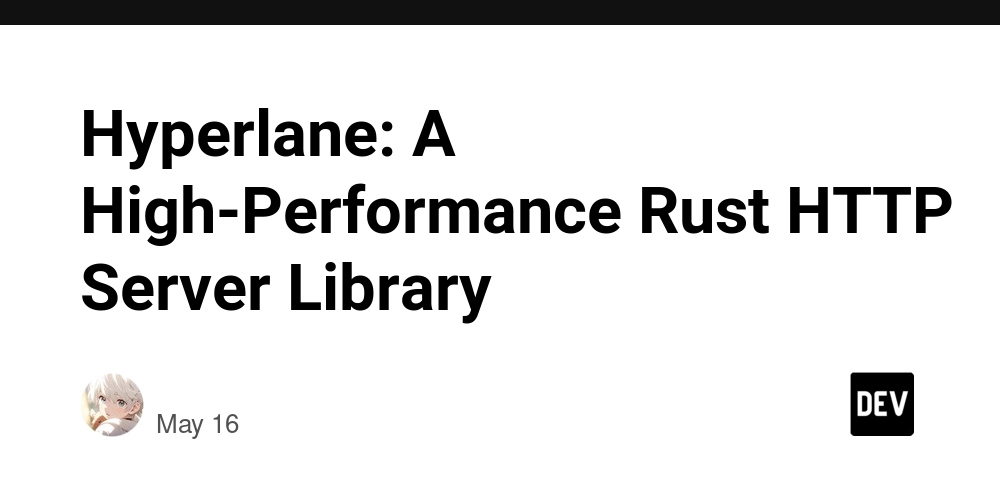Protecting Yourself: A Beginner's Guide to Cyber Security for Individuals & MSMEs
In this hyper-digital age, cybersecurity is no longer just for big corporations. Individuals and Micro, Small, and Medium Enterprises (MSMEs) also need to pay serious attention to it. Cyber threats can emerge anytime, anywhere, from online scams to the theft of crucial data. Don't worry! This guide will help you understand the basics of cybersecurity in easy-to-understand language, free from complex technical jargon. Let's start protecting ourselves and our businesses from online threats. Why Is Cyber Security Important for You and Your MSME? Imagine if your personal data, like bank account information or important photos, fell into the wrong hands. Or, what if your MSME's customer data was stolen, leading to reputational and financial losses? Terrifying, isn't it? Cybersecurity aims to prevent these bad things from happening. By implementing good cybersecurity practices, you can: Protect personal information: Keep your sensitive data from being misused. Secure finances: Avoid online scams that could drain your savings. Maintain your MSME's reputation: Build customer trust by ensuring the security of their data. Prevent financial losses: Avoid data recovery costs or fines due to information breaches. Easy Steps to Protect Yourself from Cyber Threats You don't need to be an IT expert to get started. Follow these simple steps: 1. Use Strong and Unique Passwords This is your first line of defense. Never use easily guessed passwords like your birth date or "123456". Make passwords long: At least 12 characters. Combine: Use uppercase letters, lowercase letters, numbers, and symbols. Don't reuse: Every account should have a unique password. Use a password manager like LastPass or Dashlane to help you remember them all. 2. Enable Two-Factor Authentication (2FA) Think of this as a "double lock" for your accounts. Even if someone knows your password, they still can't get in without an additional code from your phone. Enable 2FA on all your important accounts like email, social media, and online banking. 3. Be Wary of Phishing Scams Phishing is a deceptive attempt where criminals try to get your personal information by pretending to be a trustworthy entity, like a bank or a well-known company. Check the sender's email: Make sure the email address is correct. Don't click suspicious links: Hover over links to see their real address before clicking. Pay attention to grammar: Scam emails often have spelling errors or strange grammar. Never give out personal information: Banks or companies will never ask for your password or PIN via email. 4. Always Update Your Software and Apps Updates often contain security fixes to close vulnerabilities that criminals could exploit. Enable automatic updates: For your operating systems (Windows, macOS, Android, iOS) and applications. Don't delay updates: Install them immediately when notified. 5. Use Antivirus and Firewalls Antivirus: Protect your computer from viruses, malware, and other threats. Ensure your antivirus is always active and up-to-date. Firewall: Acts as a protective wall between your computer and the internet, controlling incoming and outgoing data traffic. 6. Regularly Back Up Your Important Data If the worst happens, like a ransomware attack or device failure, you won't lose crucial data if you've backed it up. Back up to the cloud: Google Drive, Dropbox, or OneDrive. Back up to an external hard drive: Store it in a secure place. Perform backups regularly. Additional Tips for MSMEs Besides the steps above, MSMEs need to consider these points: Educate Employees: Provide basic cybersecurity training to all employees. Most cyber incidents occur due to human error. Limit Data Access: Ensure employees only have access to the data they need for their jobs. Use Secure Wi-Fi Networks: Make sure your business Wi-Fi network is protected with a strong, encrypted password. Avoid using public Wi-Fi for sensitive business transactions. Choose Trusted Digital Partners: If you use third-party services (e.g., for website hosting or online payments), ensure they have a good security reputation. Start Now! Cybersecurity is not something you can postpone. By implementing these simple guidelines, you are taking a huge step towards protecting yourself, your family, and your business from online threats. Remember, prevention is better than cure. For more information about the world of coding and technology, you can visit Juaracoding.co.id.

In this hyper-digital age, cybersecurity is no longer just for big corporations. Individuals and Micro, Small, and Medium Enterprises (MSMEs) also need to pay serious attention to it. Cyber threats can emerge anytime, anywhere, from online scams to the theft of crucial data.
Don't worry! This guide will help you understand the basics of cybersecurity in easy-to-understand language, free from complex technical jargon. Let's start protecting ourselves and our businesses from online threats.
Why Is Cyber Security Important for You and Your MSME?
Imagine if your personal data, like bank account information or important photos, fell into the wrong hands. Or, what if your MSME's customer data was stolen, leading to reputational and financial losses? Terrifying, isn't it?
Cybersecurity aims to prevent these bad things from happening. By implementing good cybersecurity practices, you can:
- Protect personal information: Keep your sensitive data from being misused.
- Secure finances: Avoid online scams that could drain your savings.
- Maintain your MSME's reputation: Build customer trust by ensuring the security of their data.
- Prevent financial losses: Avoid data recovery costs or fines due to information breaches.
Easy Steps to Protect Yourself from Cyber Threats
You don't need to be an IT expert to get started. Follow these simple steps:
1. Use Strong and Unique Passwords
This is your first line of defense. Never use easily guessed passwords like your birth date or "123456".
- Make passwords long: At least 12 characters.
- Combine: Use uppercase letters, lowercase letters, numbers, and symbols.
- Don't reuse: Every account should have a unique password. Use a password manager like LastPass or Dashlane to help you remember them all.
2. Enable Two-Factor Authentication (2FA)
Think of this as a "double lock" for your accounts. Even if someone knows your password, they still can't get in without an additional code from your phone. Enable 2FA on all your important accounts like email, social media, and online banking.
3. Be Wary of Phishing Scams
Phishing is a deceptive attempt where criminals try to get your personal information by pretending to be a trustworthy entity, like a bank or a well-known company.
- Check the sender's email: Make sure the email address is correct.
- Don't click suspicious links: Hover over links to see their real address before clicking.
- Pay attention to grammar: Scam emails often have spelling errors or strange grammar.
- Never give out personal information: Banks or companies will never ask for your password or PIN via email.
4. Always Update Your Software and Apps
Updates often contain security fixes to close vulnerabilities that criminals could exploit.
- Enable automatic updates: For your operating systems (Windows, macOS, Android, iOS) and applications.
- Don't delay updates: Install them immediately when notified.
5. Use Antivirus and Firewalls
- Antivirus: Protect your computer from viruses, malware, and other threats. Ensure your antivirus is always active and up-to-date.
- Firewall: Acts as a protective wall between your computer and the internet, controlling incoming and outgoing data traffic.
6. Regularly Back Up Your Important Data
If the worst happens, like a ransomware attack or device failure, you won't lose crucial data if you've backed it up.
- Back up to the cloud: Google Drive, Dropbox, or OneDrive.
- Back up to an external hard drive: Store it in a secure place.
- Perform backups regularly.
Additional Tips for MSMEs
Besides the steps above, MSMEs need to consider these points:
- Educate Employees: Provide basic cybersecurity training to all employees. Most cyber incidents occur due to human error.
- Limit Data Access: Ensure employees only have access to the data they need for their jobs.
- Use Secure Wi-Fi Networks: Make sure your business Wi-Fi network is protected with a strong, encrypted password. Avoid using public Wi-Fi for sensitive business transactions.
- Choose Trusted Digital Partners: If you use third-party services (e.g., for website hosting or online payments), ensure they have a good security reputation.
Start Now!
Cybersecurity is not something you can postpone. By implementing these simple guidelines, you are taking a huge step towards protecting yourself, your family, and your business from online threats. Remember, prevention is better than cure.
For more information about the world of coding and technology, you can visit Juaracoding.co.id.























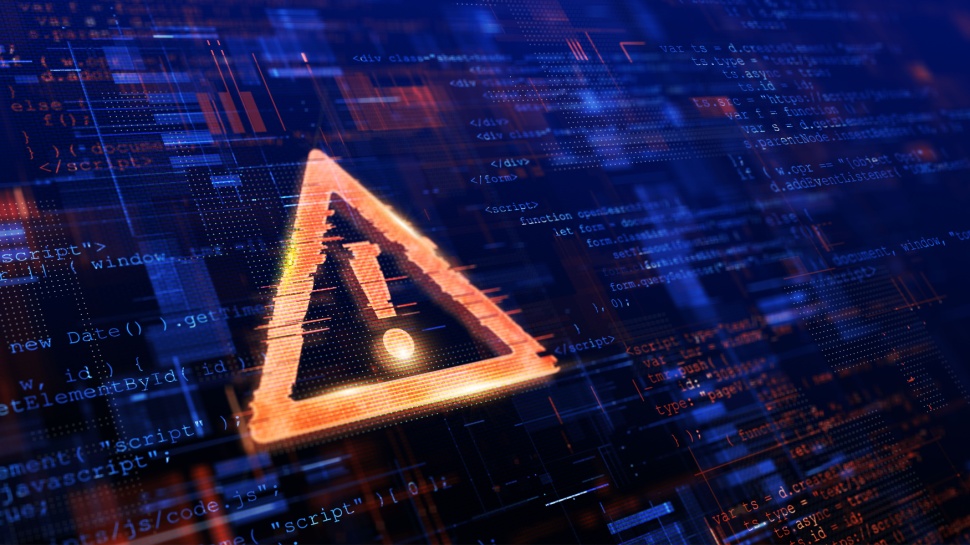










































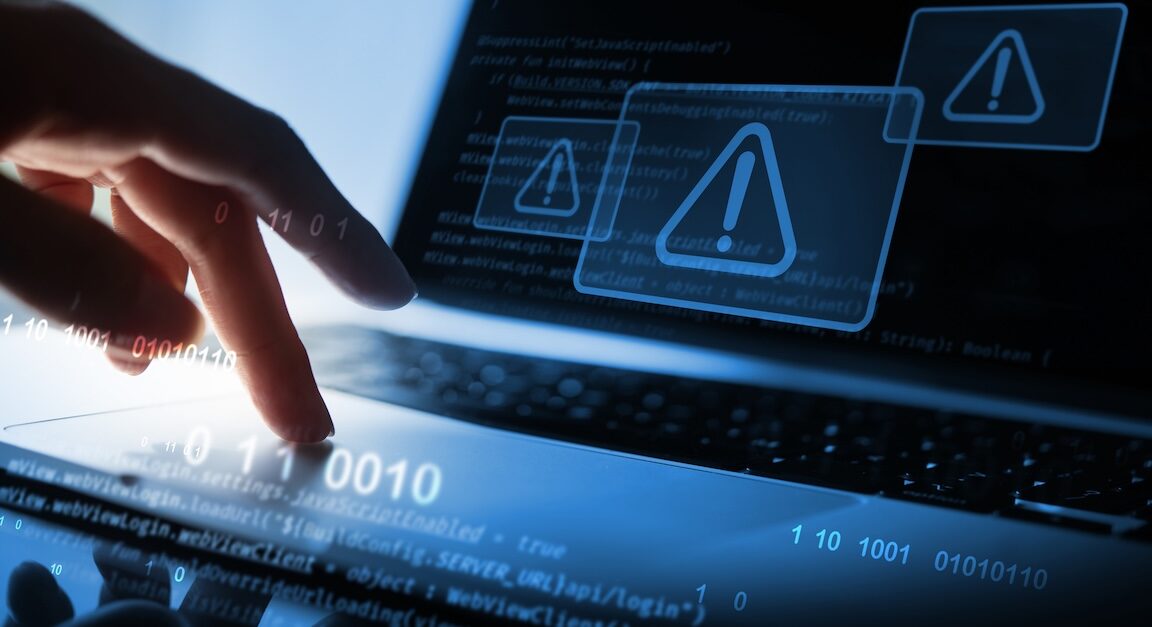













































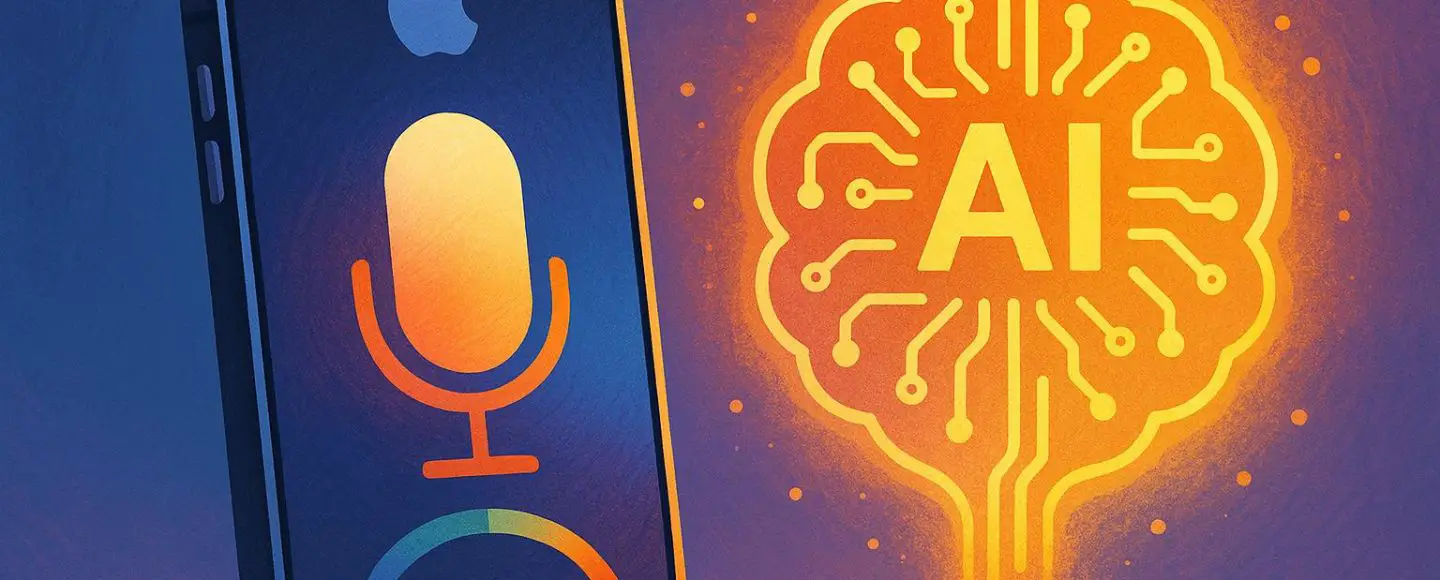


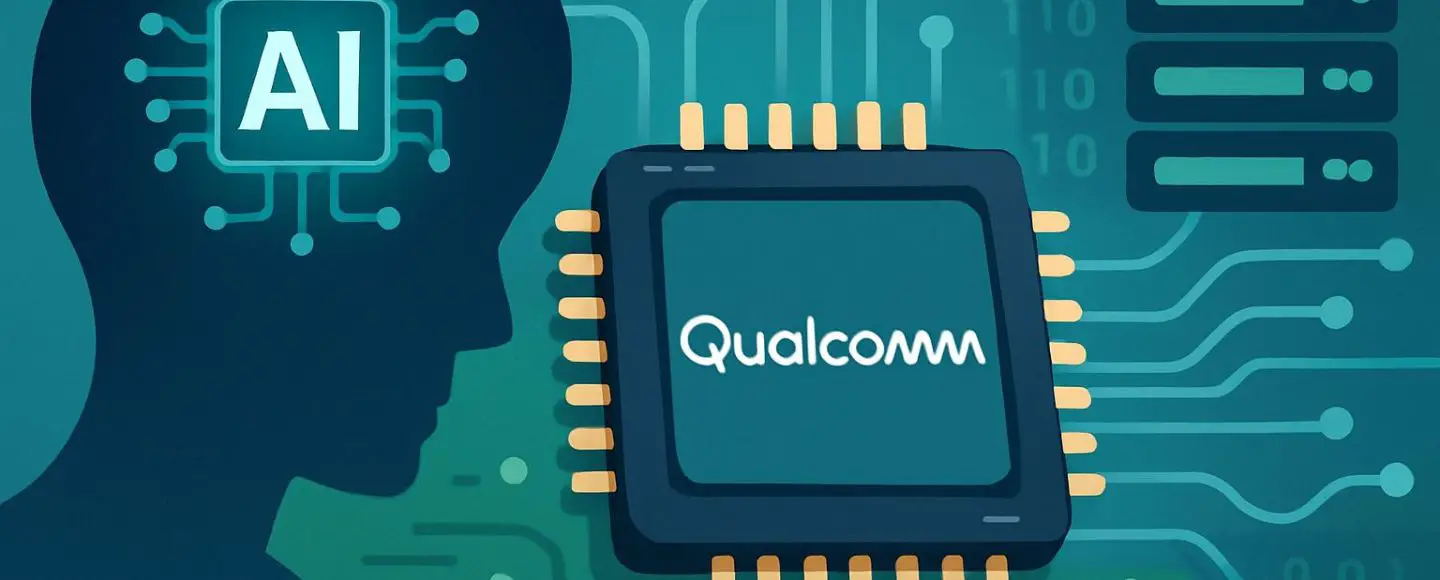
























































![[The AI Show Episode 154]: AI Answers: The Future of AI Agents at Work, Building an AI Roadmap, Choosing the Right Tools, & Responsible AI Use](https://www.marketingaiinstitute.com/hubfs/ep%20154%20cover.png)
![[The AI Show Episode 153]: OpenAI Releases o3-Pro, Disney Sues Midjourney, Altman: “Gentle Singularity” Is Here, AI and Jobs & News Sites Getting Crushed by AI Search](https://www.marketingaiinstitute.com/hubfs/ep%20153%20cover.png)


























































































































![From Therapist to six figure freelance dev [Podcast #176]](https://cdn.hashnode.com/res/hashnode/image/upload/v1750249813414/8cb0019f-db6d-48af-9d20-d0ea3a4040b5.png?#)





































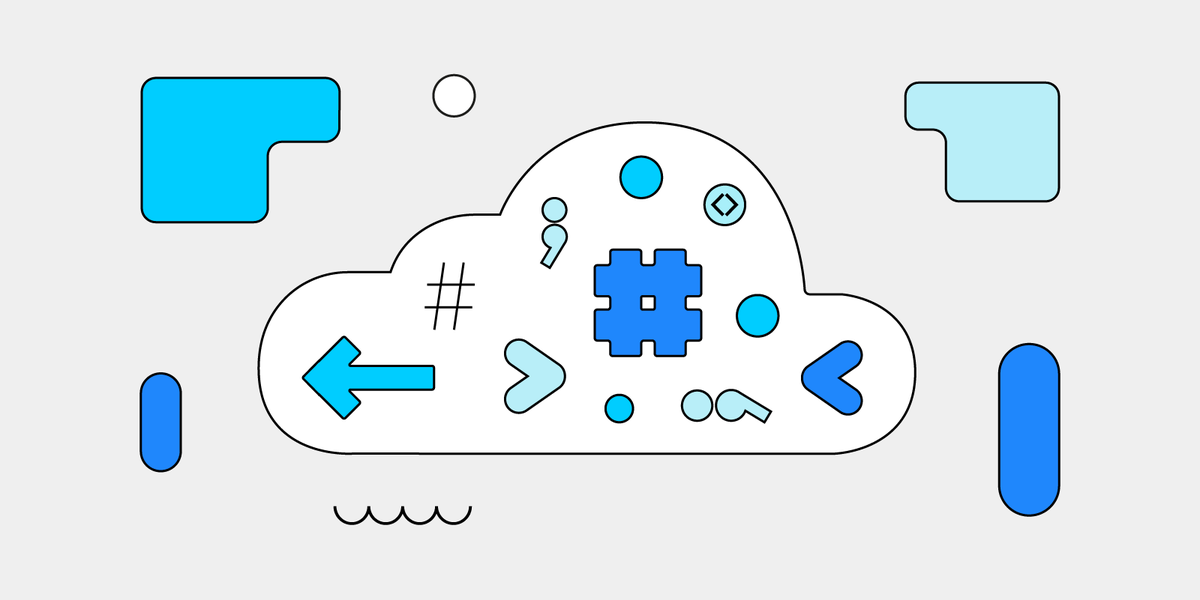











.png?width=1920&height=1920&fit=bounds&quality=70&format=jpg&auto=webp#)



















![GrandChase tier list of the best characters available [June 2025]](https://media.pocketgamer.com/artwork/na-33057-1637756796/grandchase-ios-android-3rd-anniversary.jpg?#)






















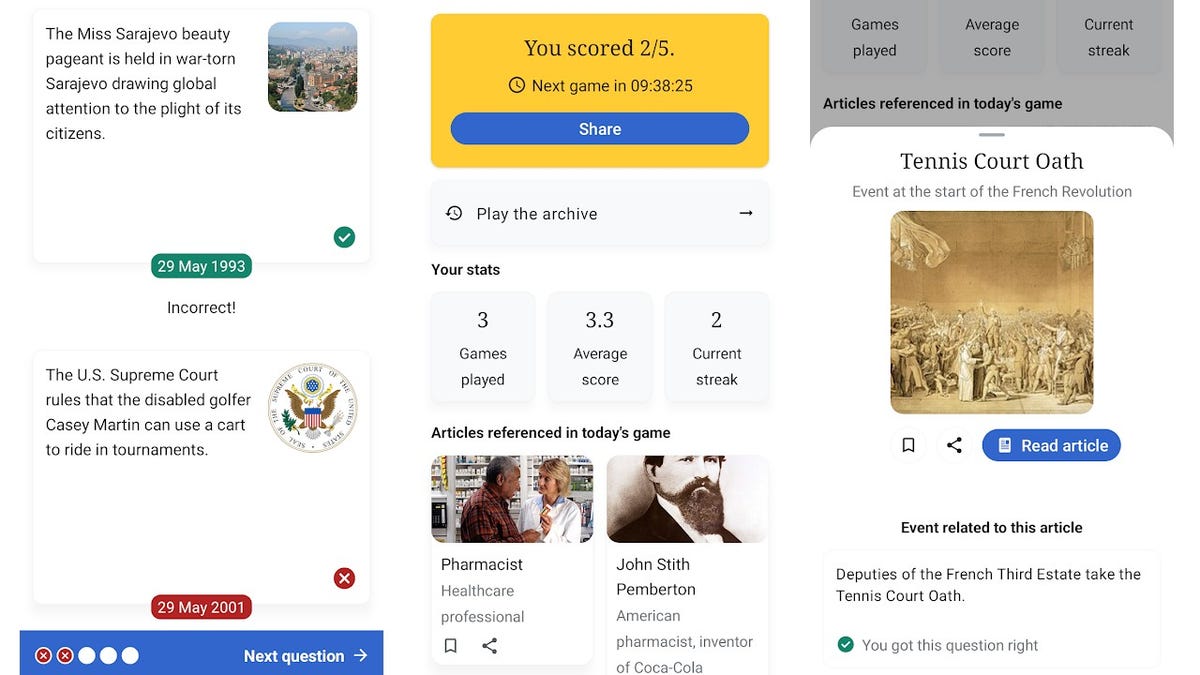




















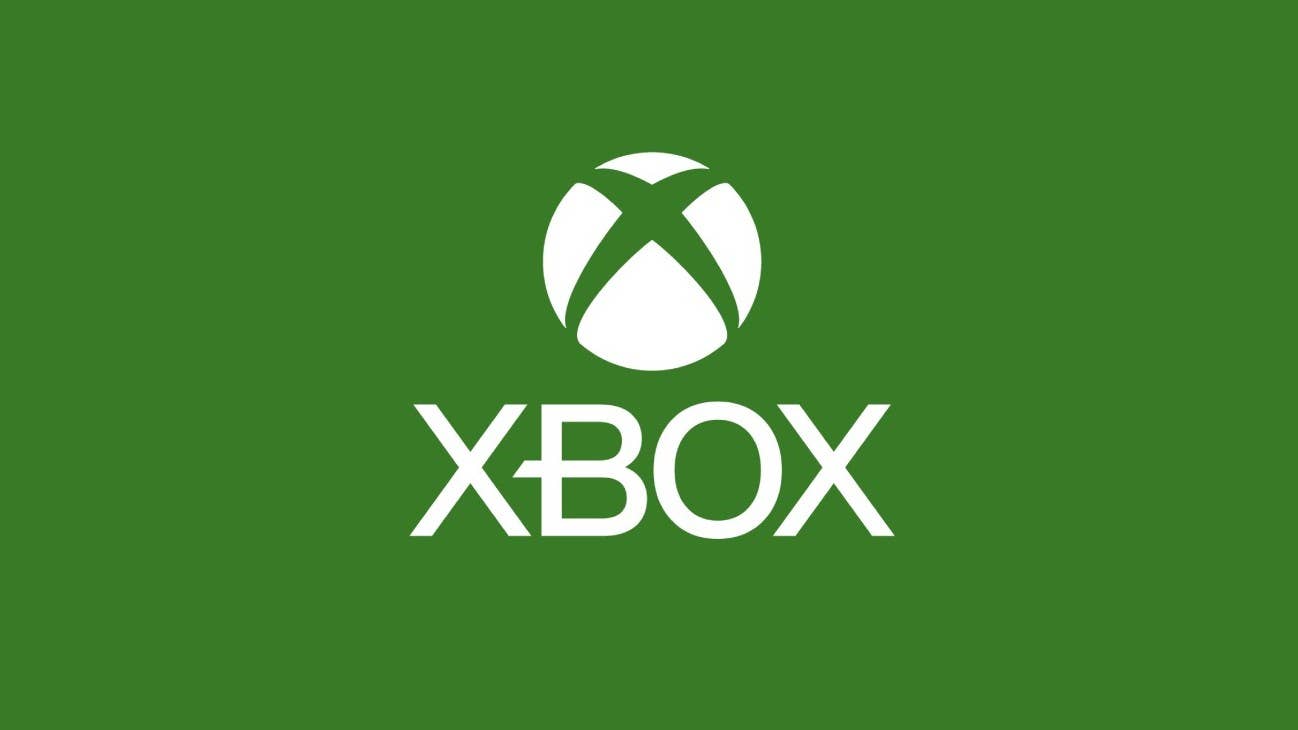
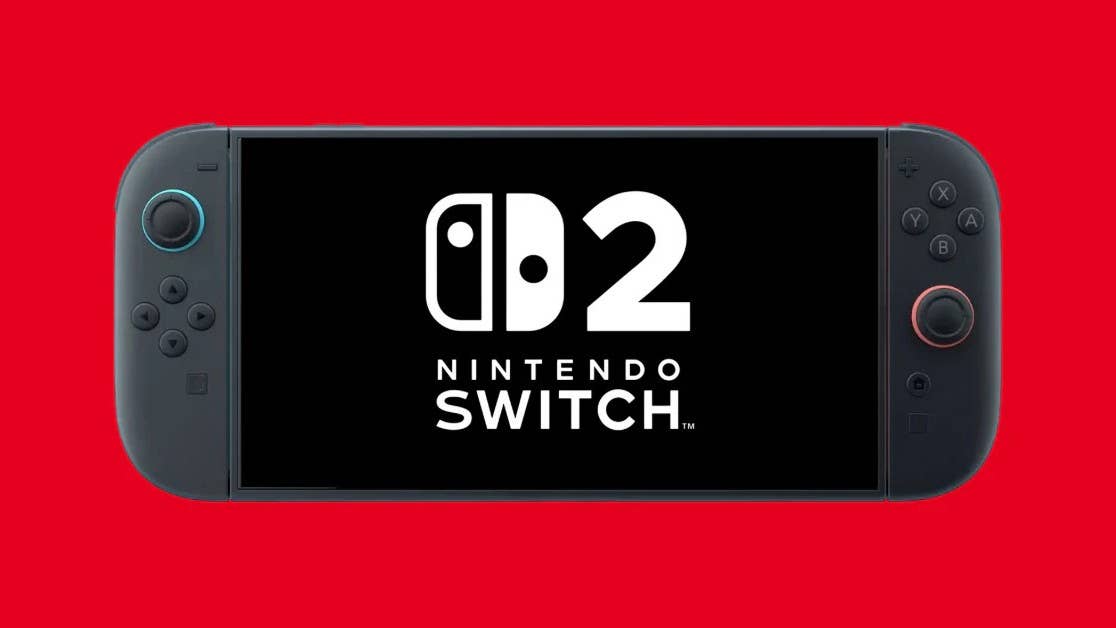


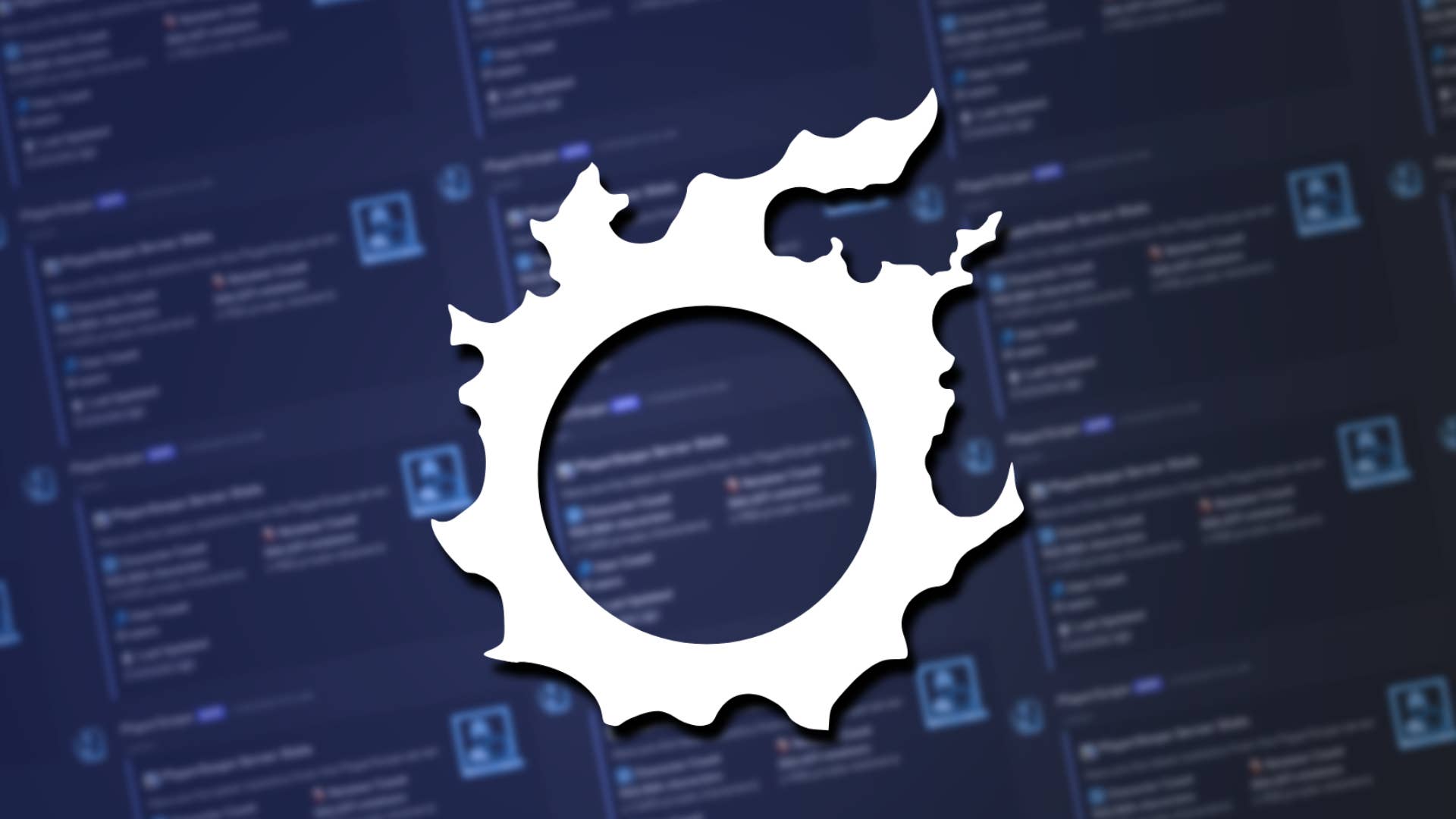



















_Frank_Peters_Alamy.jpg?width=1280&auto=webp&quality=80&disable=upscale#)
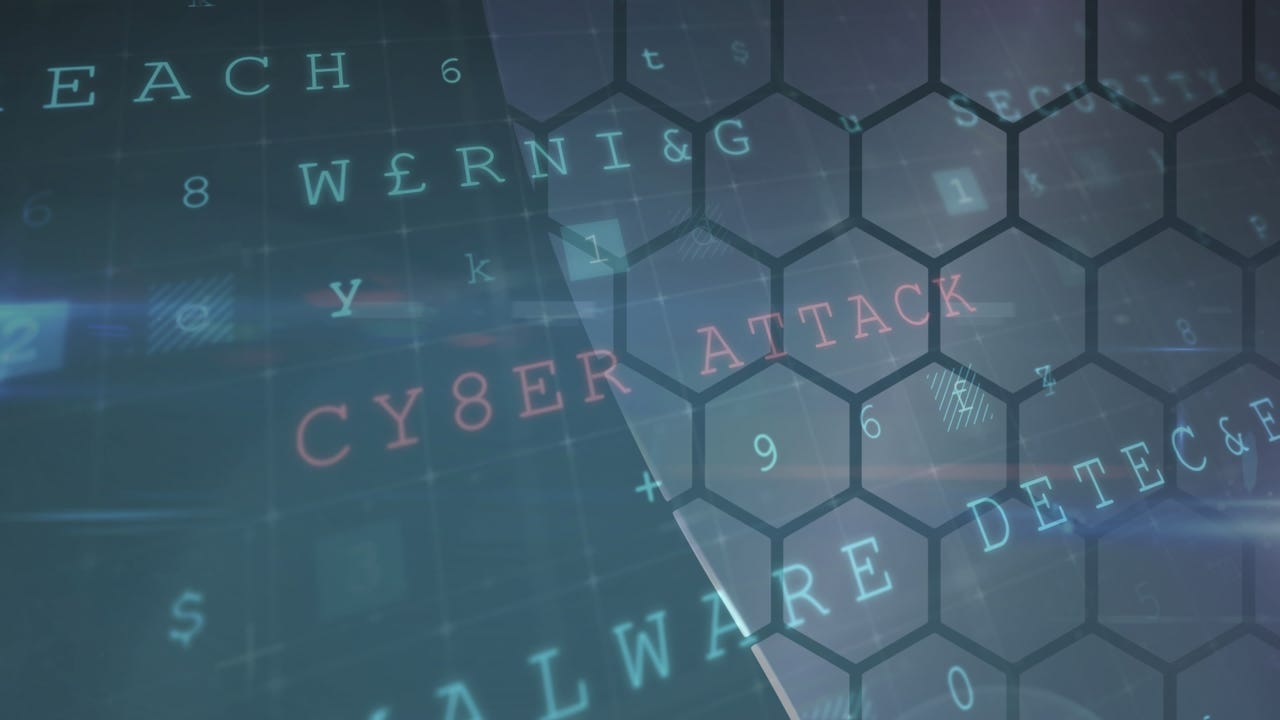
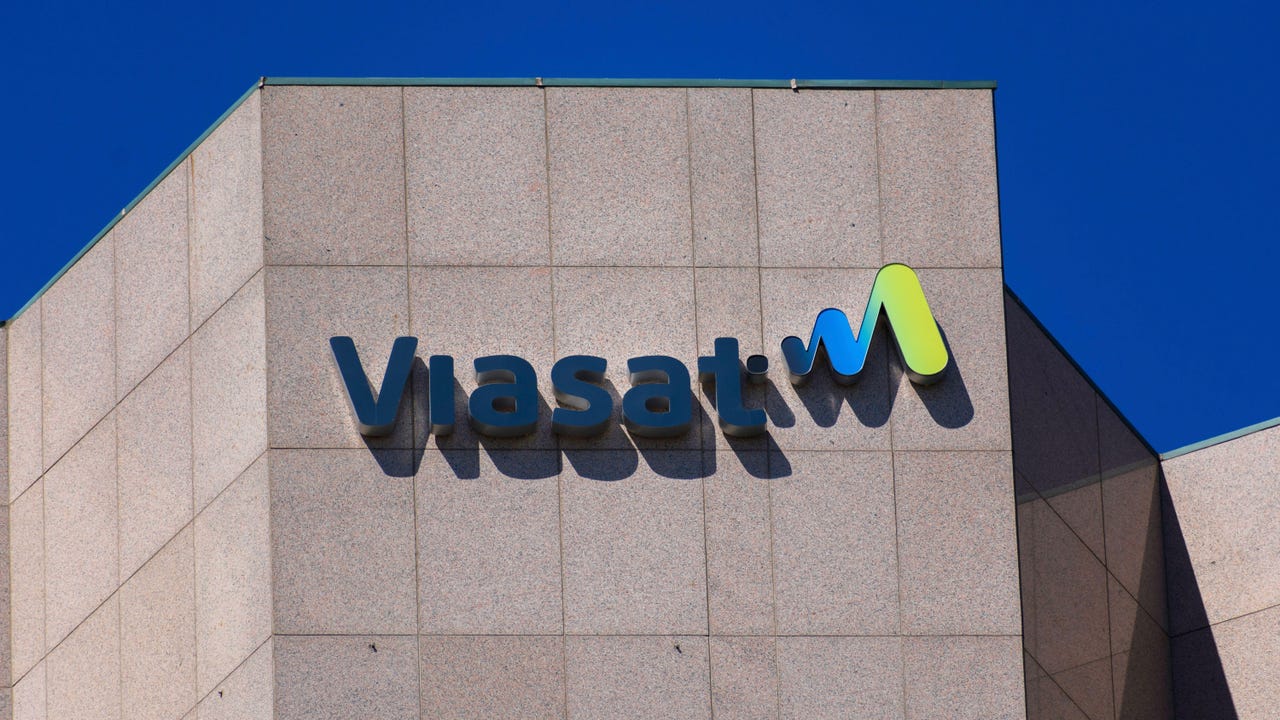










































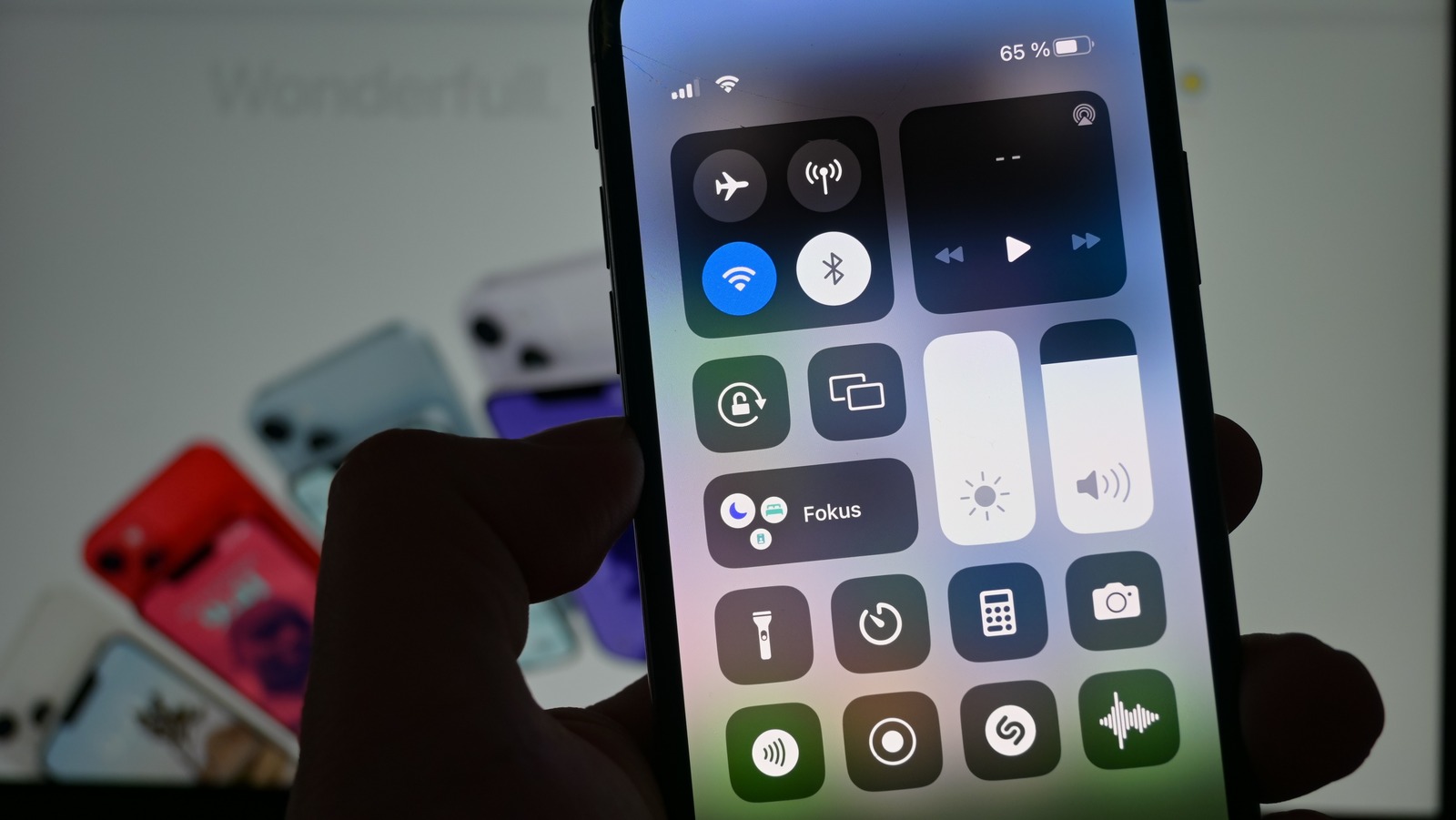













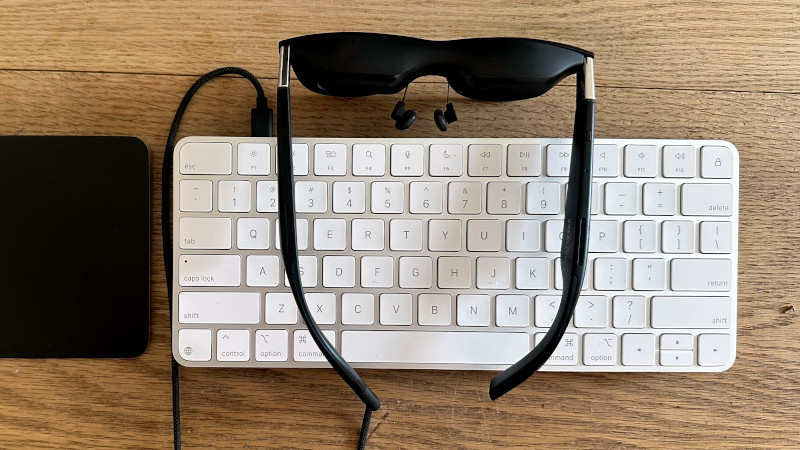















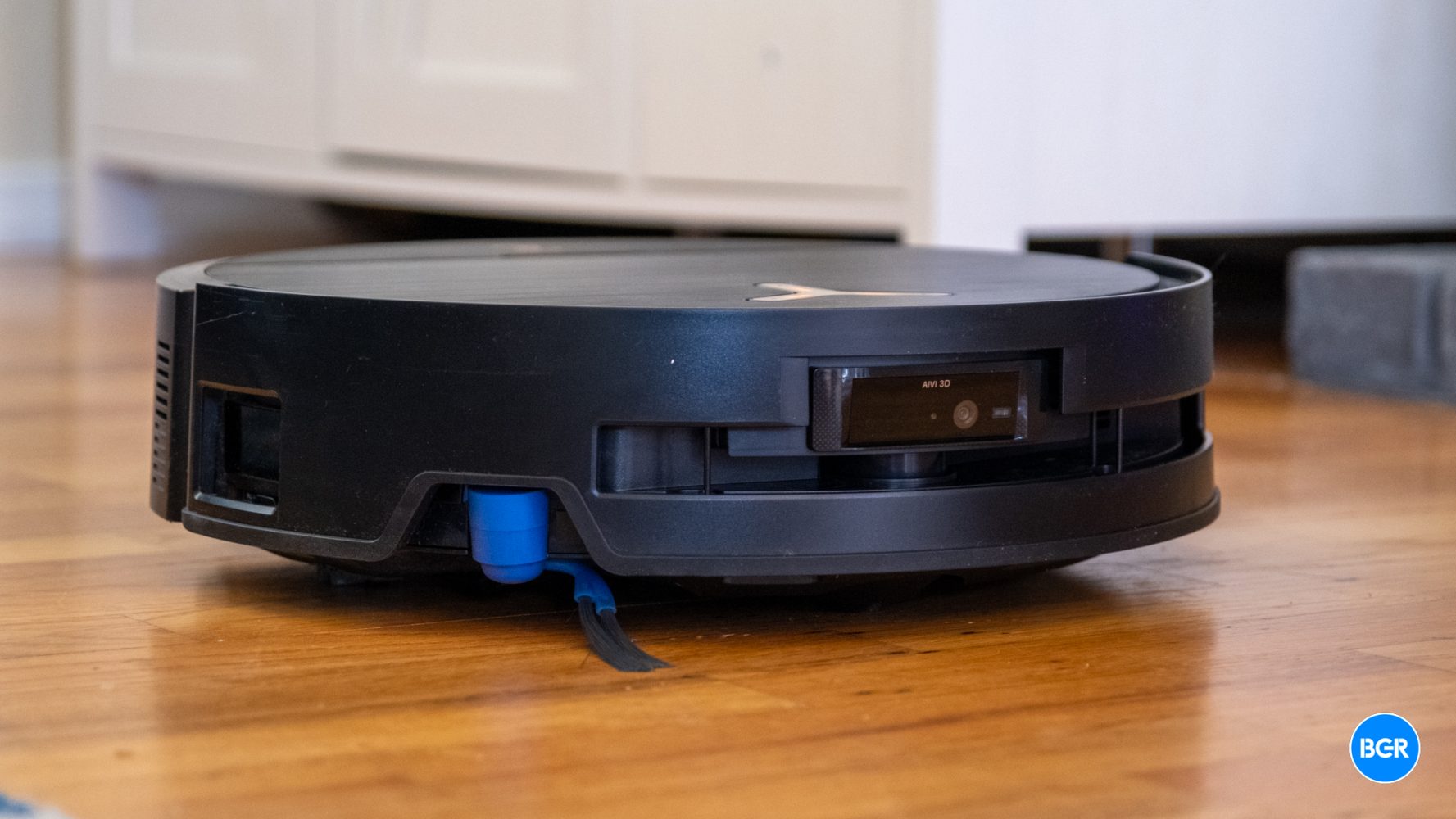









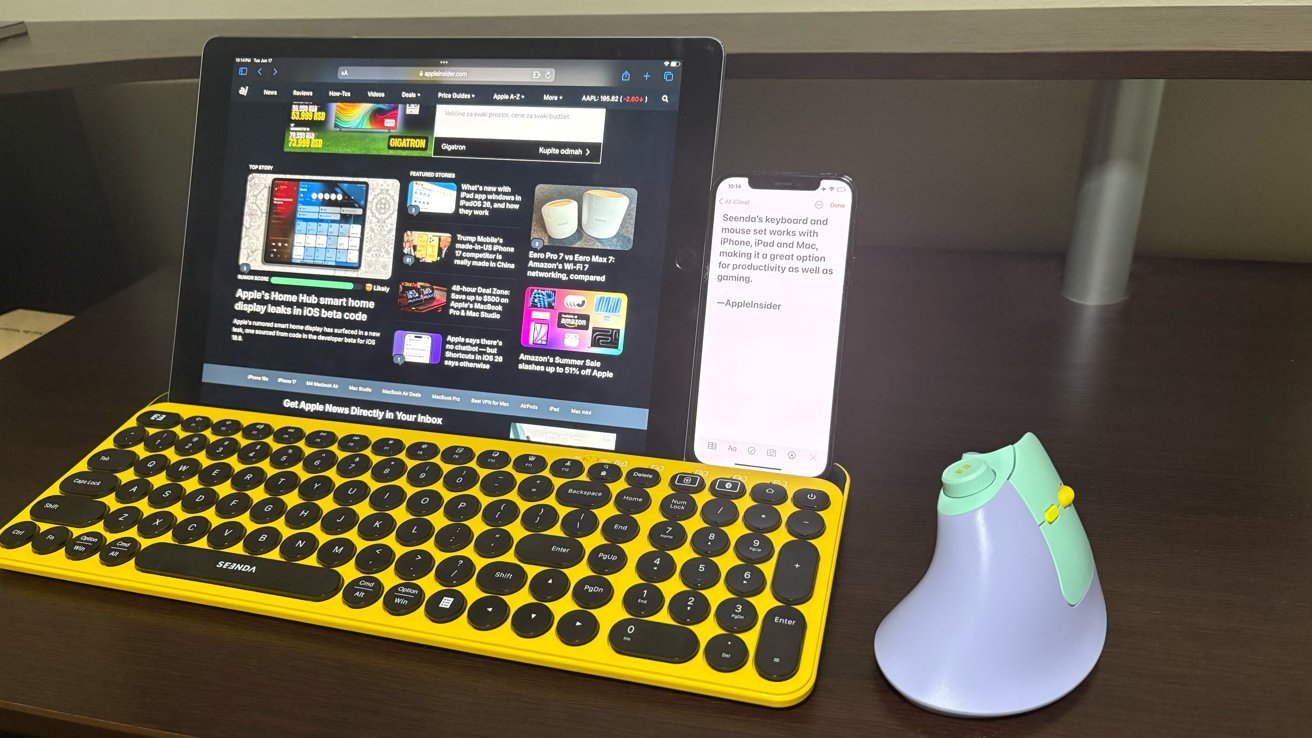
![It wasn't just you, Apple Intelligence was down [u]](https://photos5.appleinsider.com/gallery/64086-133417-IMG_2283-xl.jpg)


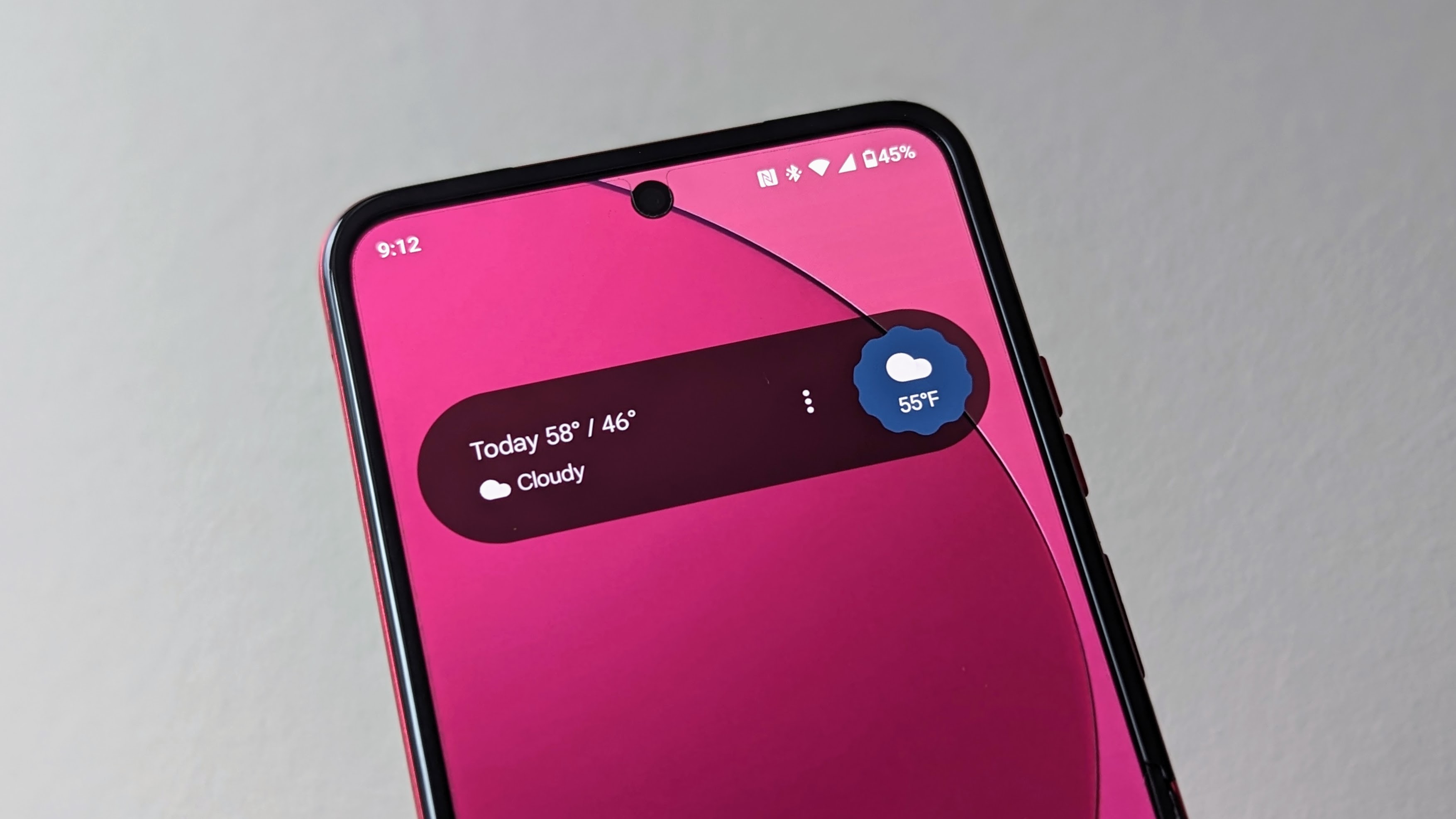
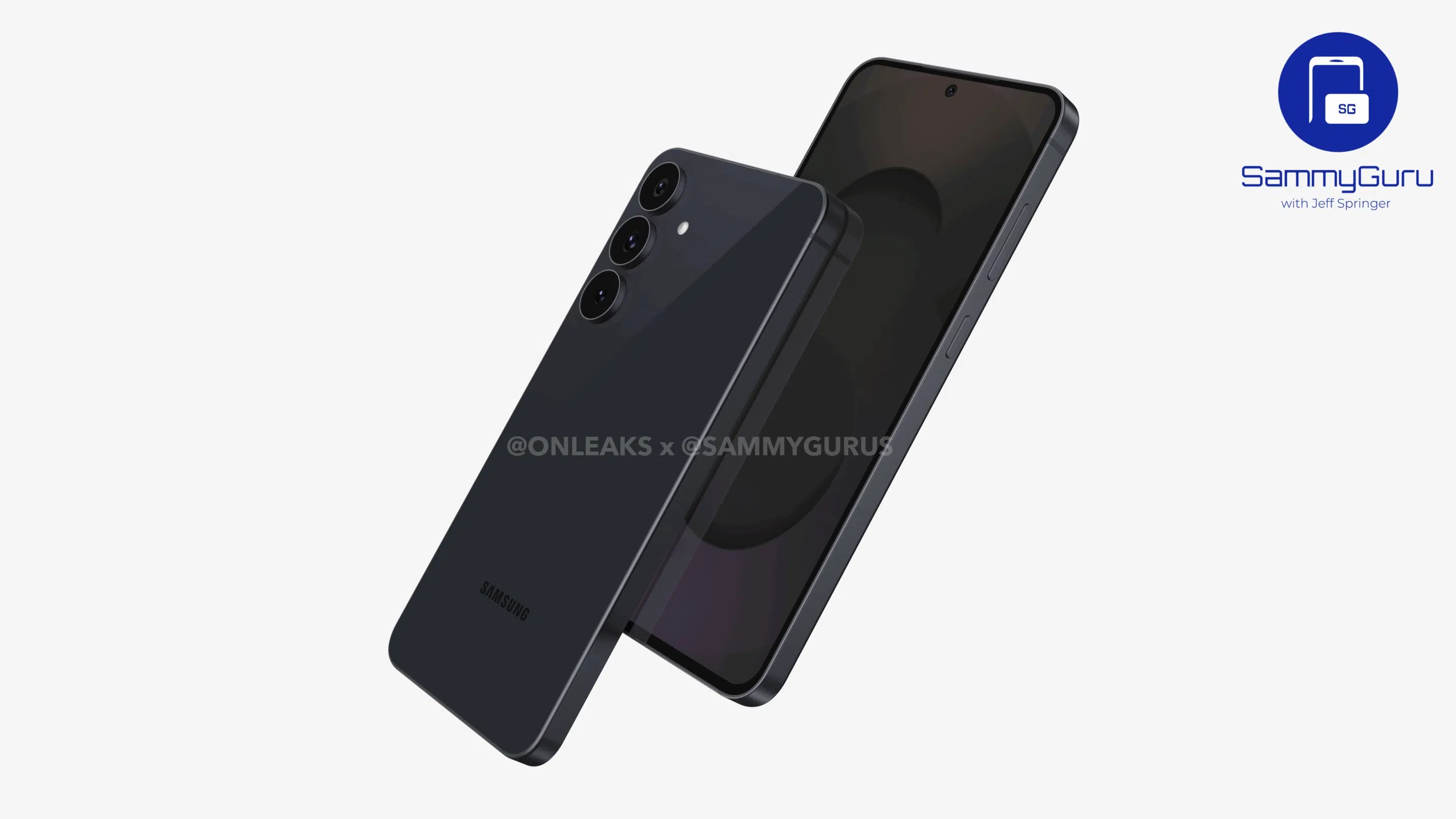
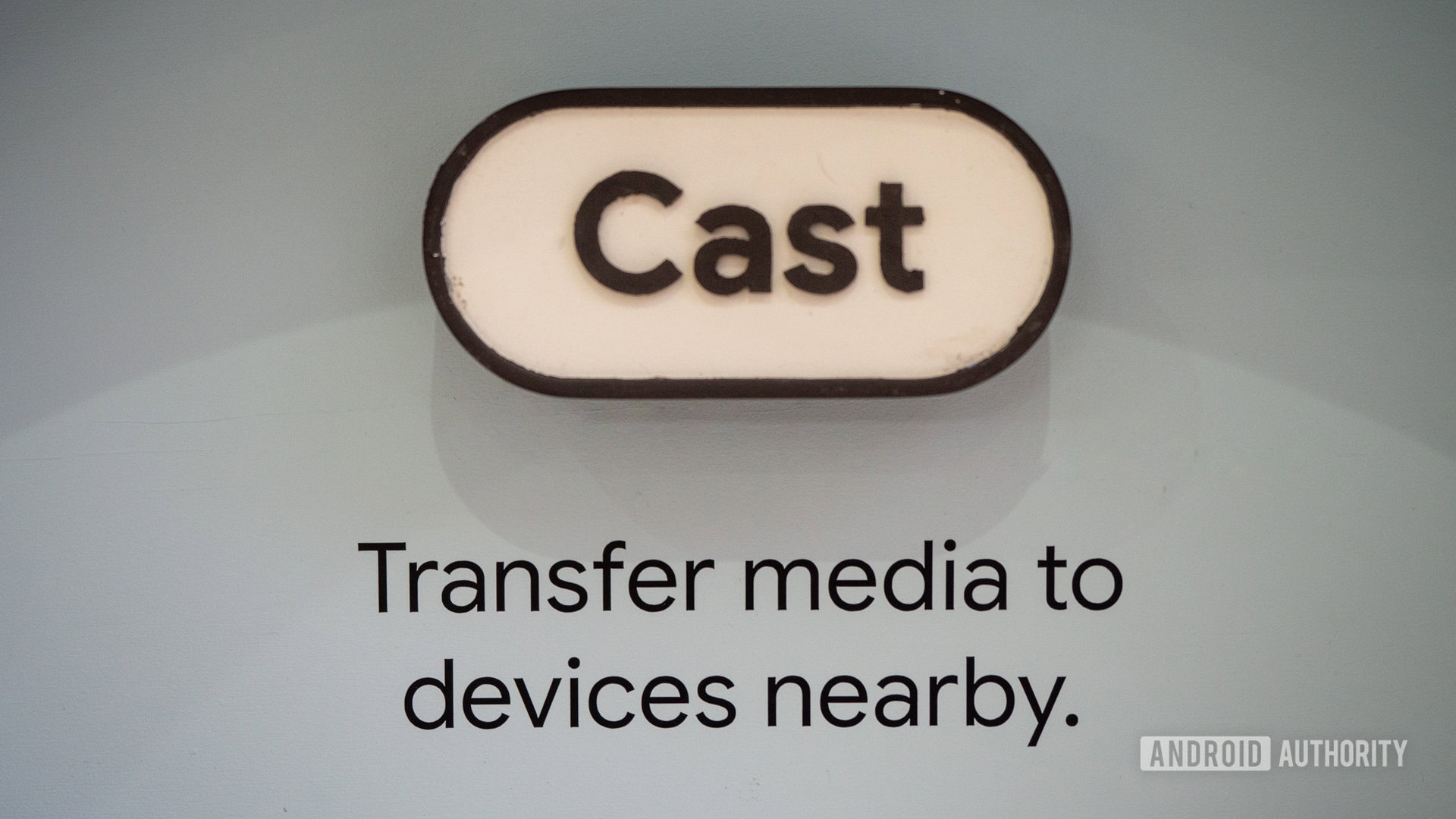
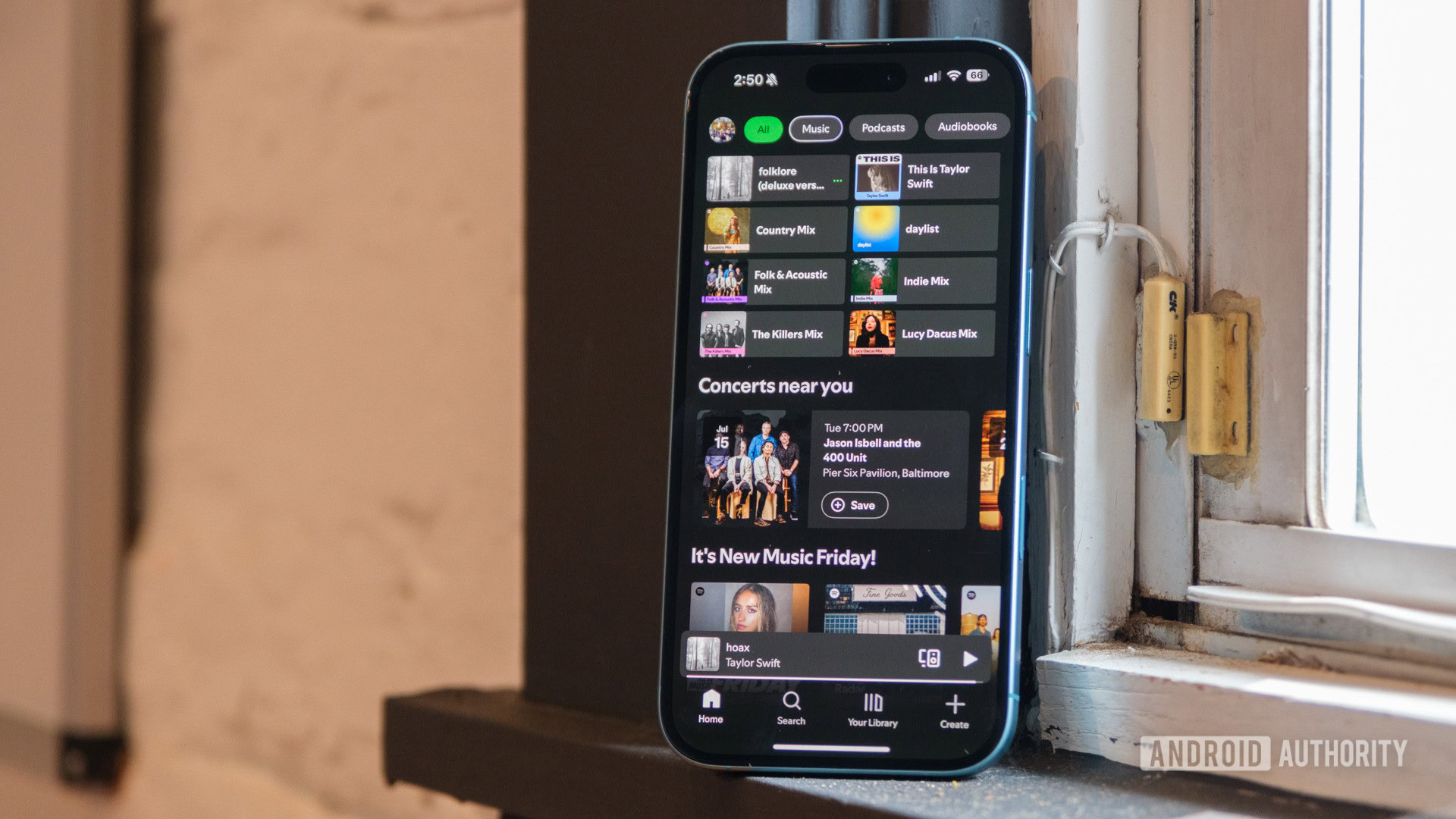
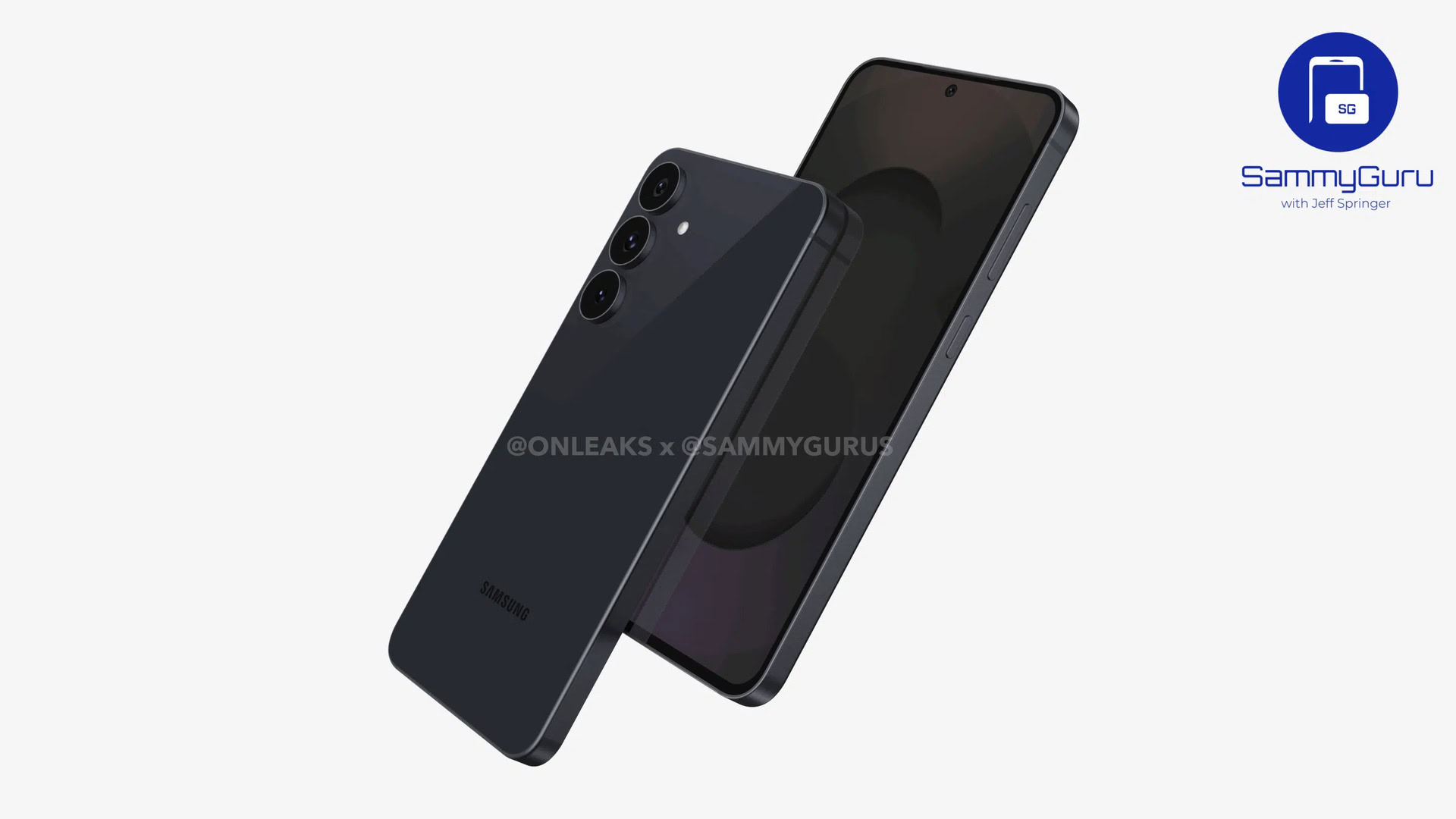





![Samsung has its own earthquake alert system with options Google should consider [Gallery]](https://i0.wp.com/9to5google.com/wp-content/uploads/sites/4/2025/02/Galaxy-S25-Ultra-Titanium-Jadegreen-1.jpg?resize=1200%2C628&quality=82&strip=all&ssl=1)











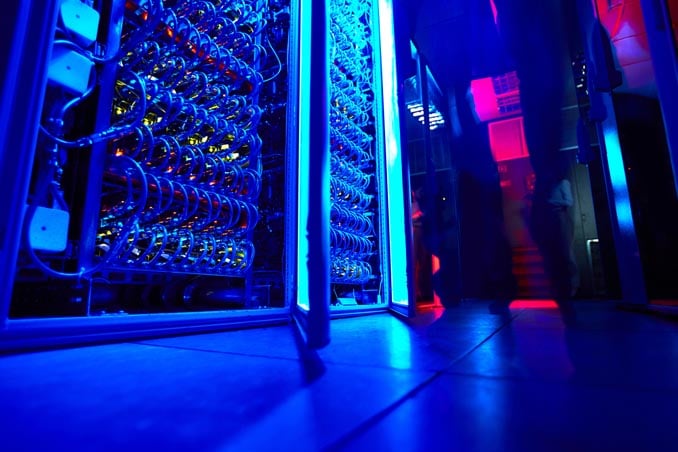

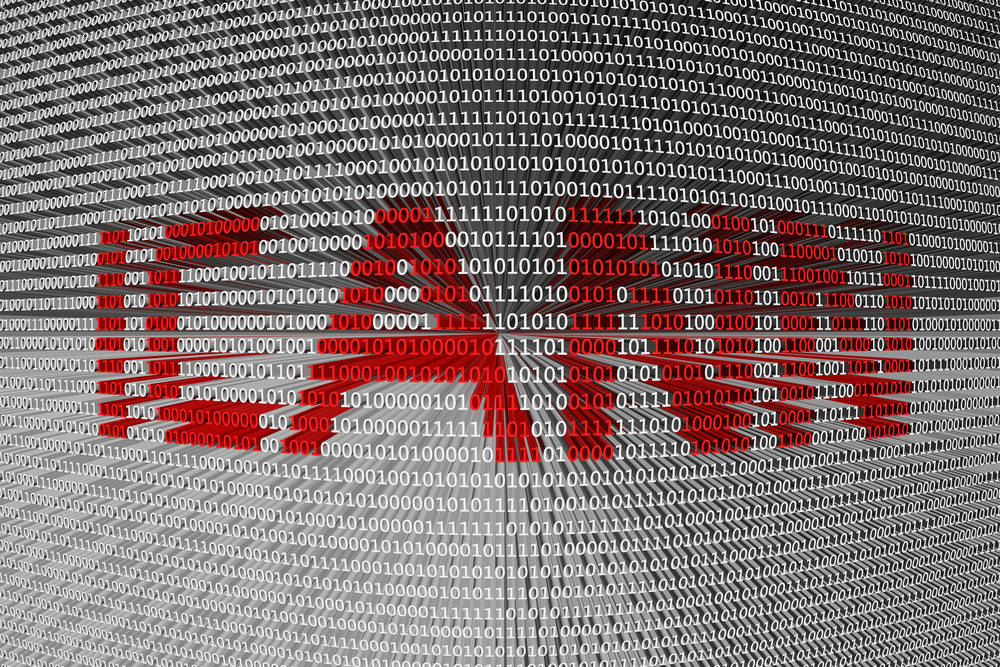


![iPhone 18 Pro Models to Feature Under-Display Face ID, Keep Same Display Sizes [Rumor]](https://www.iclarified.com/images/news/97657/97657/97657-640.jpg)
![Apple M4 Mac Mini Drops to Just $469 — Save $130 [Lowest Price Ever]](https://www.iclarified.com/images/news/97659/97659/97659-640.jpg)




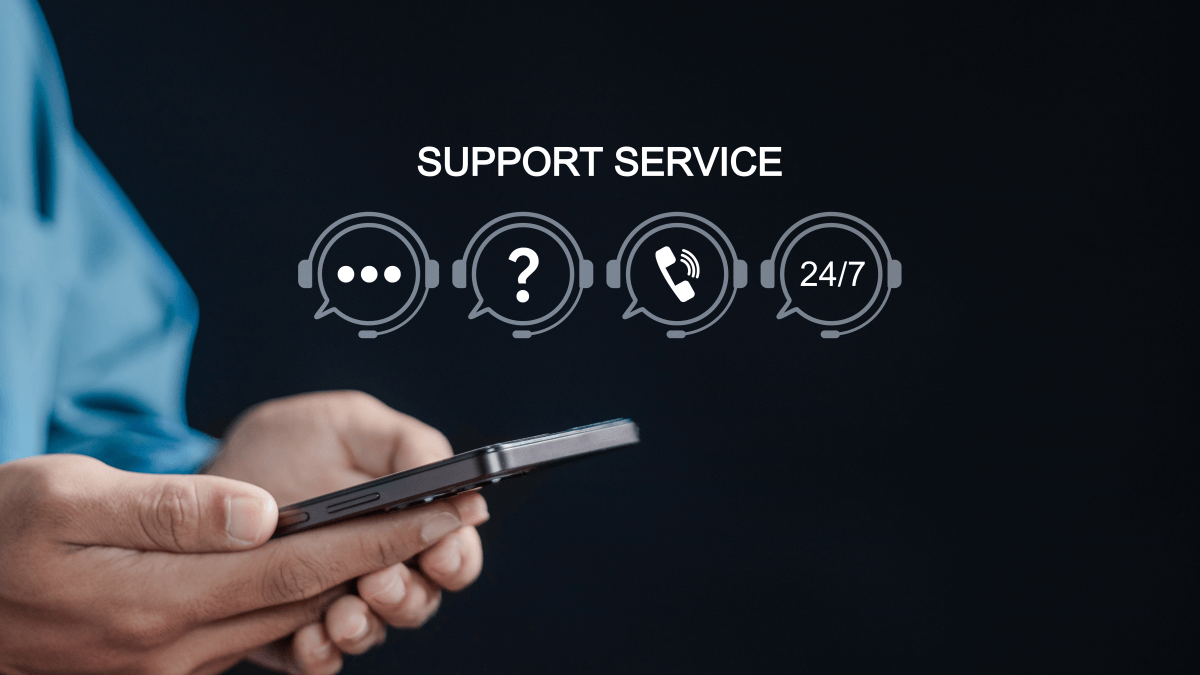









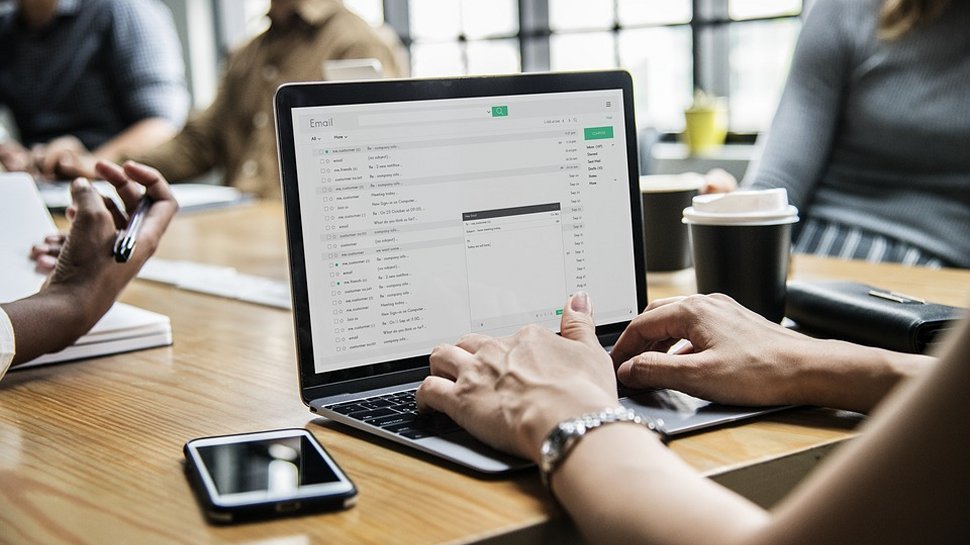
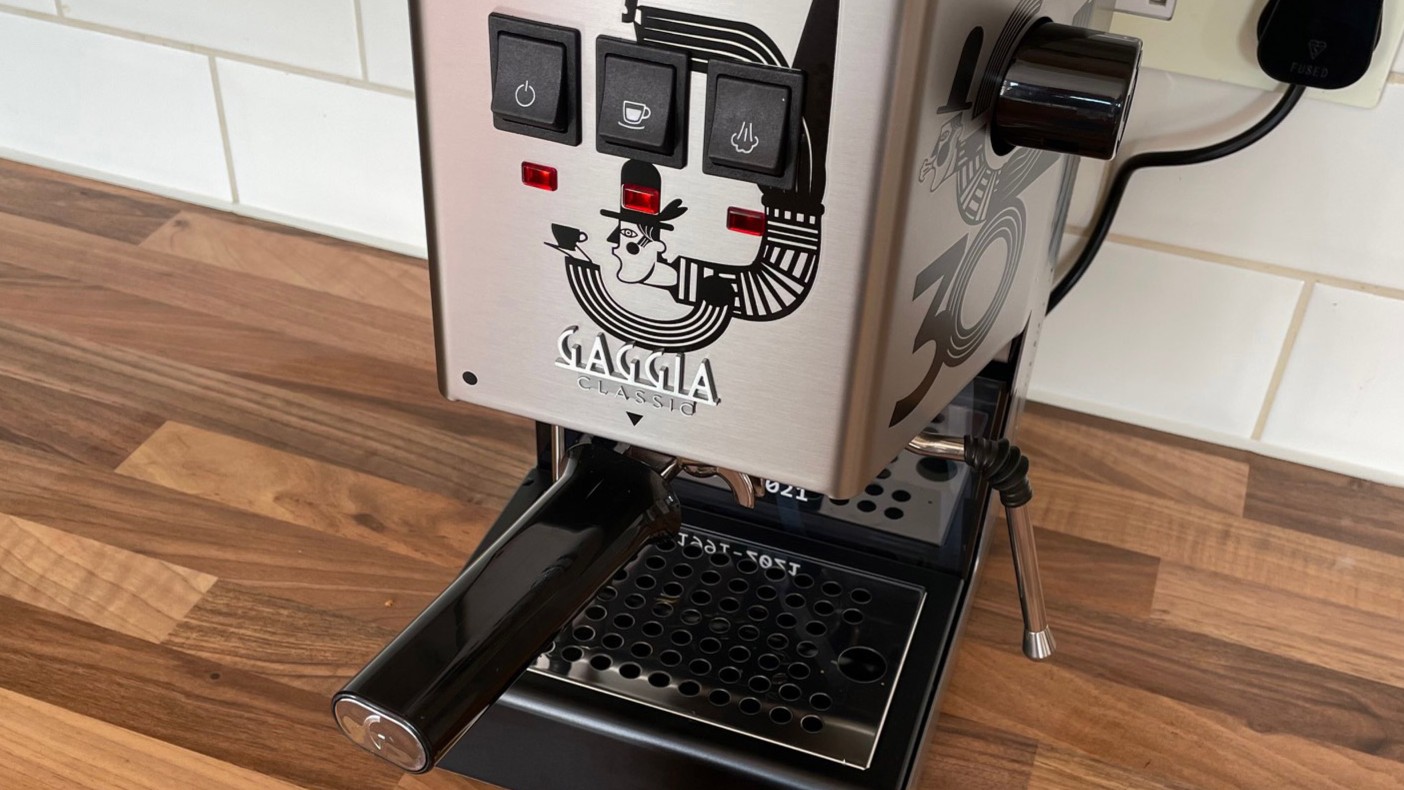


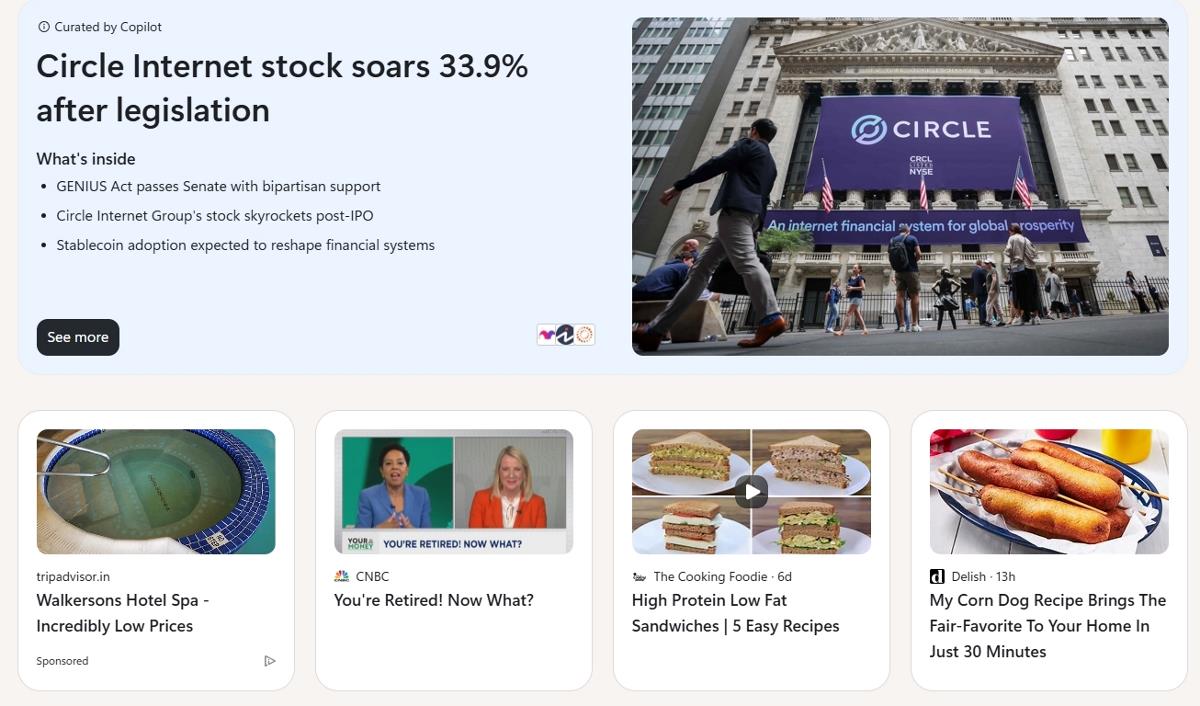

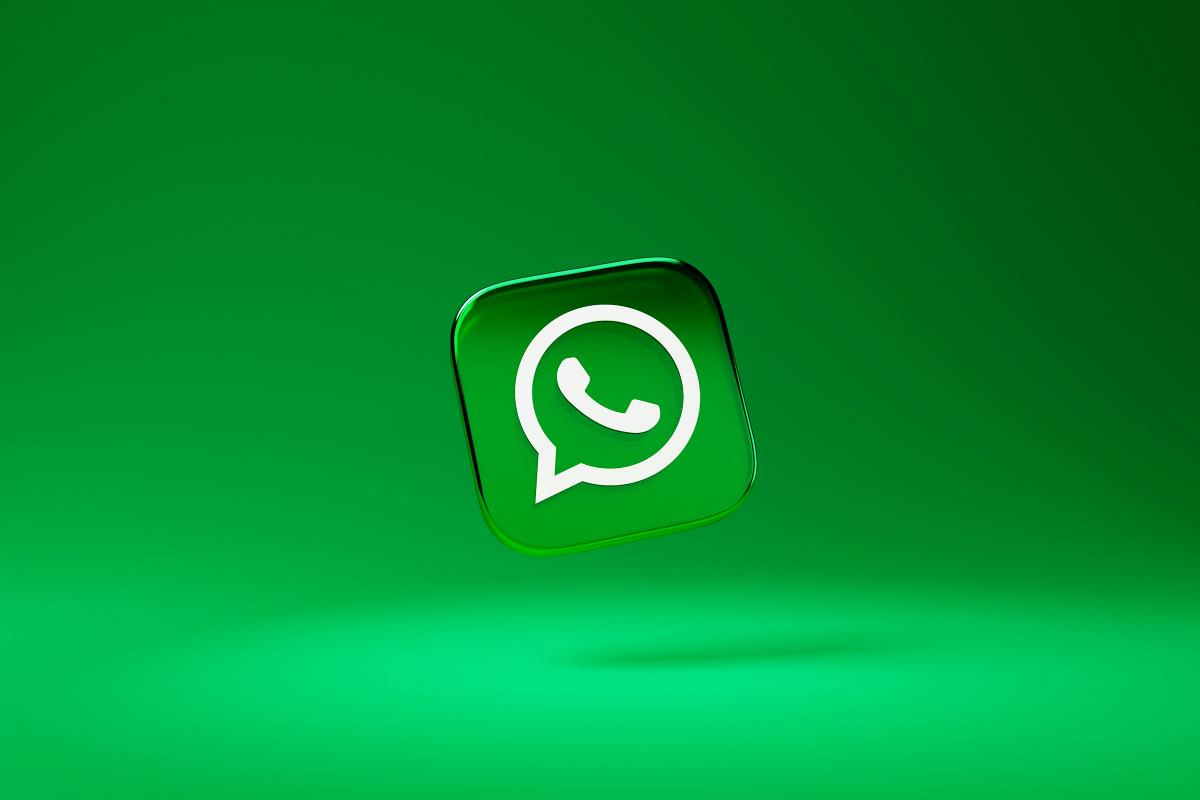


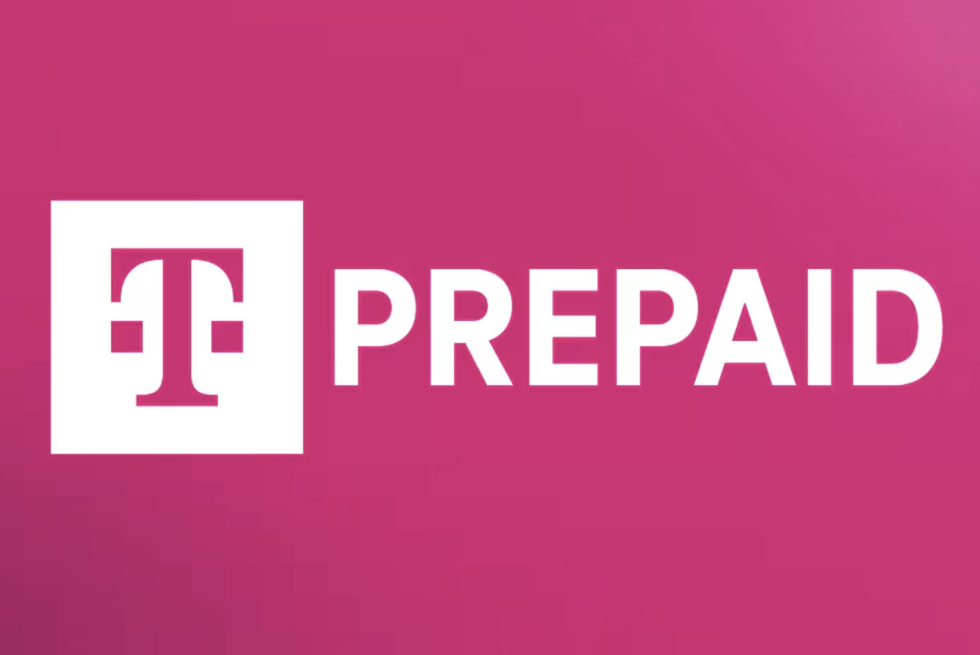



![Mobile Legends: Bang Bang [MLBB] Free Redeem Codes June 2025](https://www.talkandroid.com/wp-content/uploads/2024/07/Screenshot_20240704-093036_Mobile-Legends-Bang-Bang.jpg)












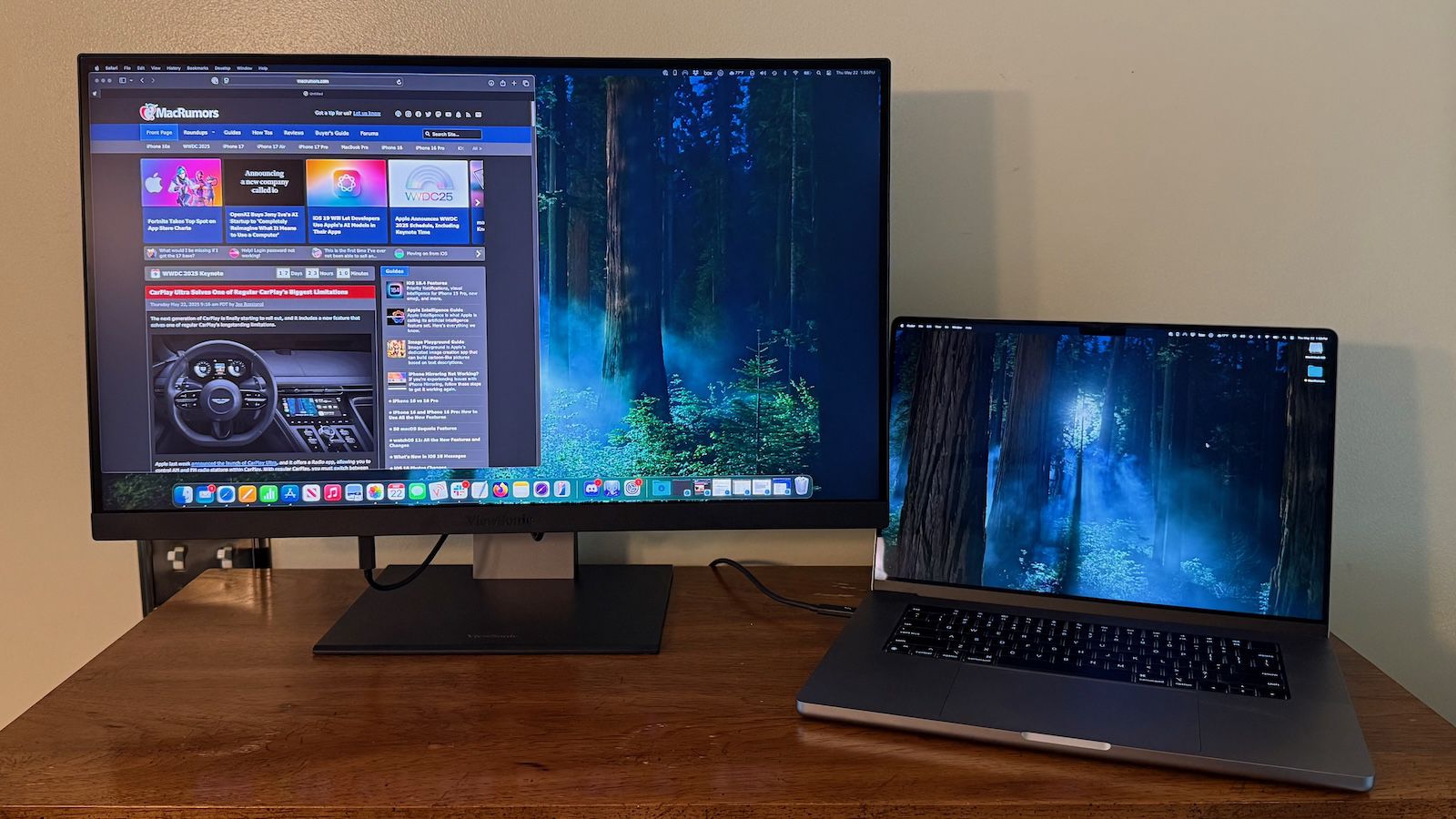

![It's Not Just You: Apple Intelligence is Down on iOS 26 and Other Betas [Fixed]](https://images.macrumors.com/t/p817t4gw5ljW1ROSxfadhn3mJew=/2500x/article-new/2025/06/iOS-26-Feature.jpg)
